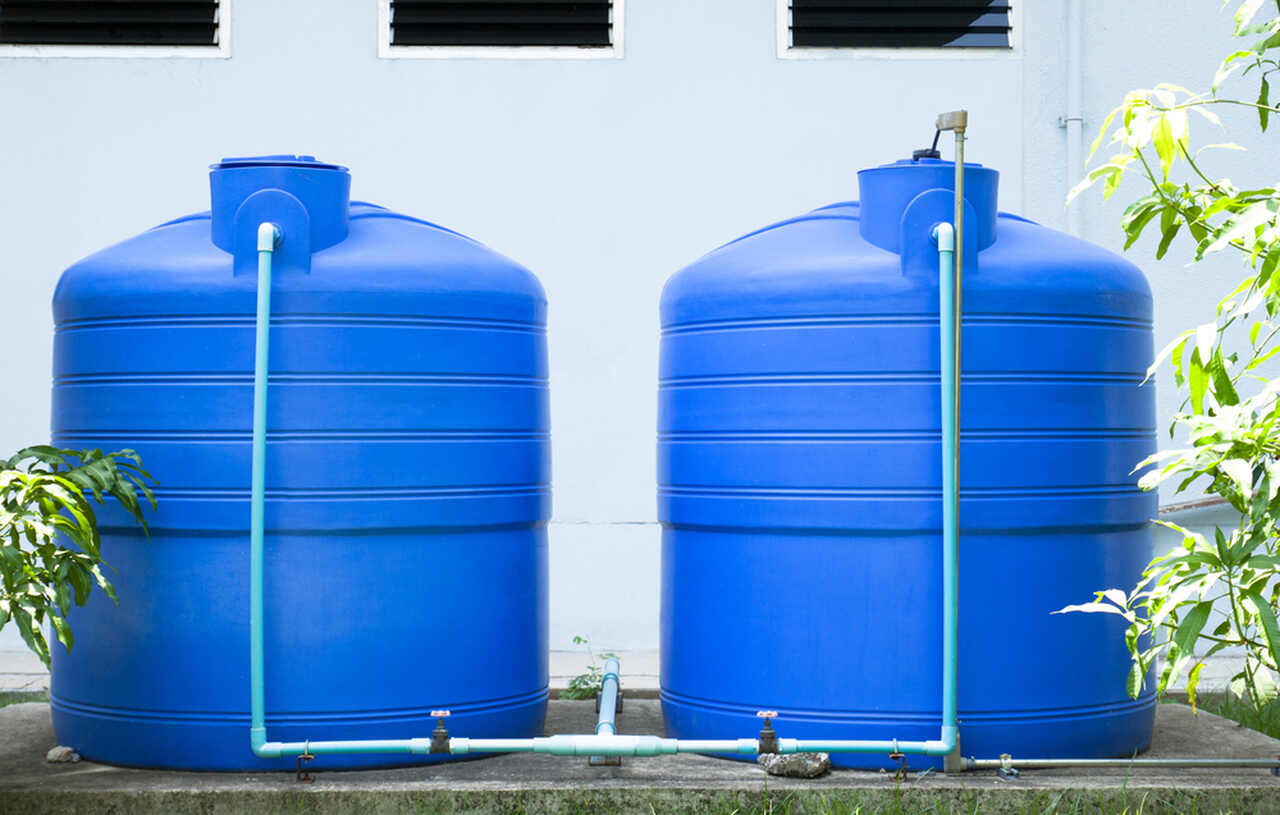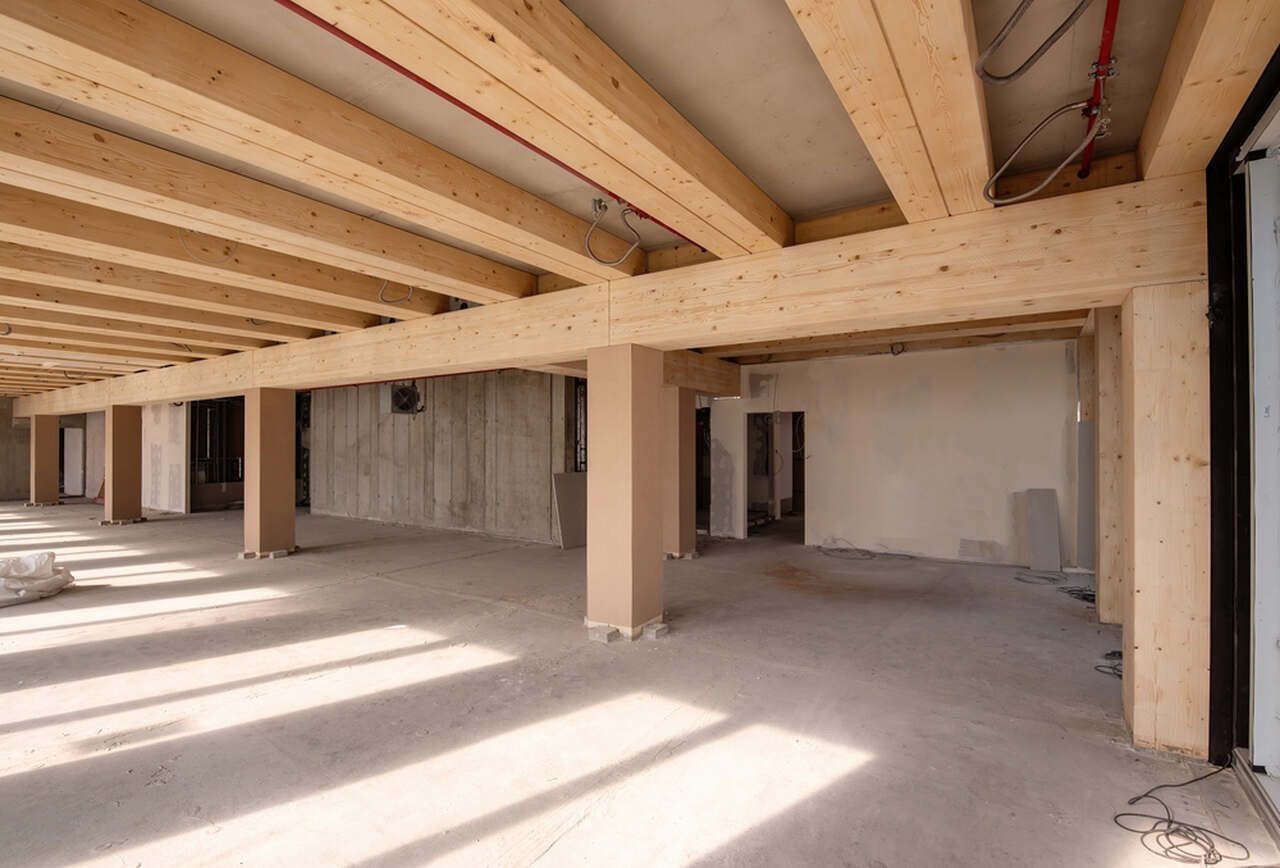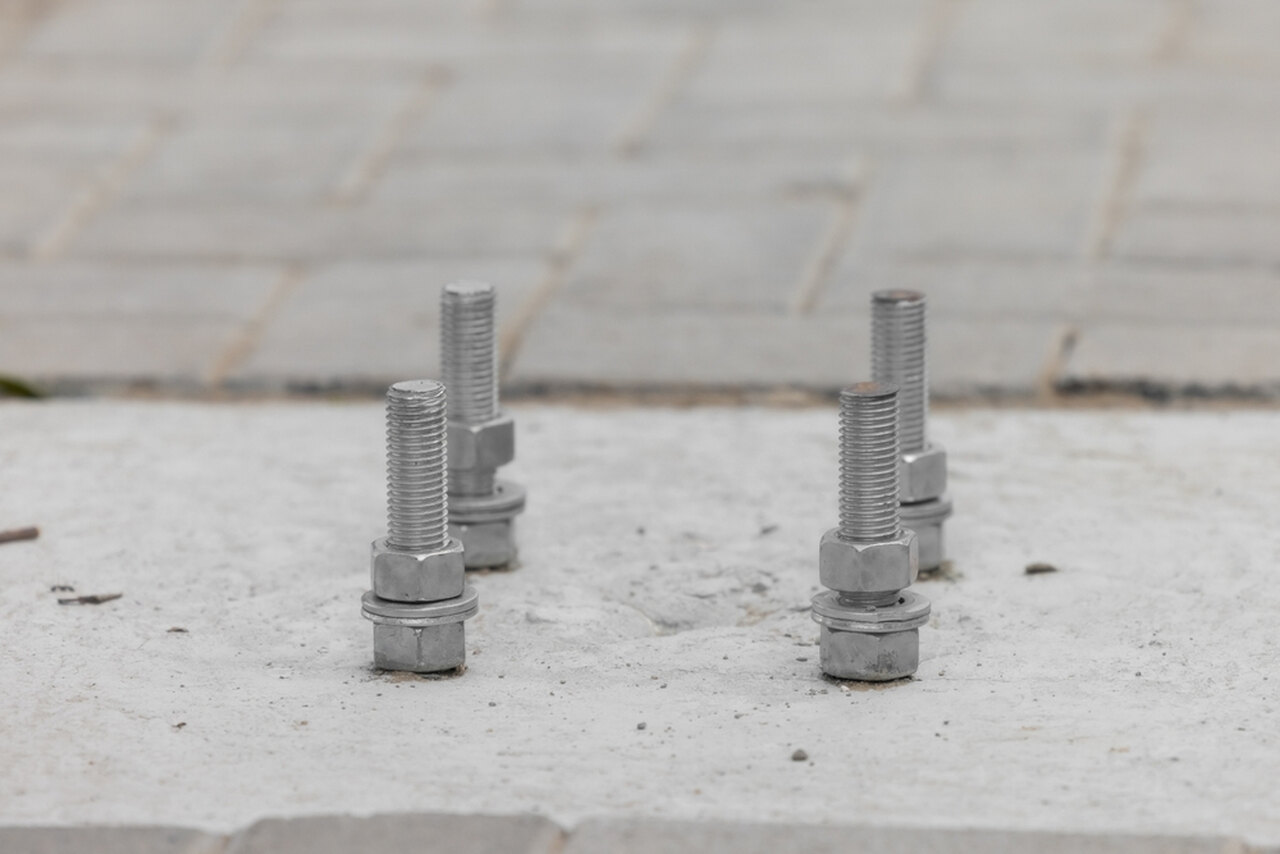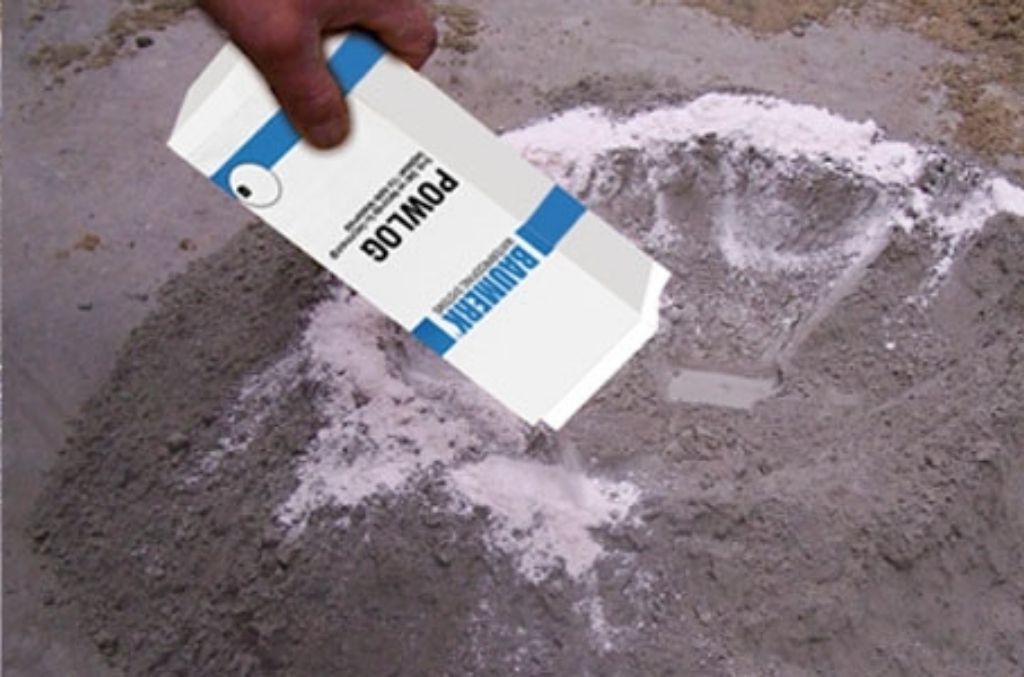
With the arrival of cold weather conditions and an increase in rainfall, waterproofing problems start to get on top of the agenda of a lot of people. In situations where there is no correct waterproofing applied to the building, the rainwater leaks into the concrete causing irreversible damage to buildings and loss of performance. These kinds of situations give rise to questions about how to make concrete waterproof.
You can understand that there is a critical problem with a building’s waterproofing, the moment when the water leakage becomes visible to the naked eye. Water starts to leak into the concrete by finding a crack or passage, advances, and eventually leaks out of the building surpassing the concrete. When you consider this route of water leakage, it means a performance loss for the concrete every moment the water gets into contact with it.
“Concrete is leaking water, what should I do?” people usually ask anxiously when they see a water leakage on the roofs and terraces and look for a construction worker as they don’t know how to stop concrete from leaking. Let’s assume that the water leakage was in the base of the building. People should know that the water leakage inside the foundation of a building or the leakage of soil water into the concrete can cause severe and irreversible problems as the base water damages buildings from the foundation.
A high-performance, durable, and long-lasting construction is built with a solid concrete and steel system. If concrete is in constant contact with water, it will lose its performance over time, and the steel in the structure will corrode and lose its durability.
That is why concrete waterproofing is highly important. For durable and safer constructions, concrete should be protected from any contact with water, and concrete waterproofing should be done correctly. Now that you know the significance of concrete waterproofing, let’s discuss the question of what is concrete reinforcement and how to reinforce the concrete.
How To Make Reinforced Concrete
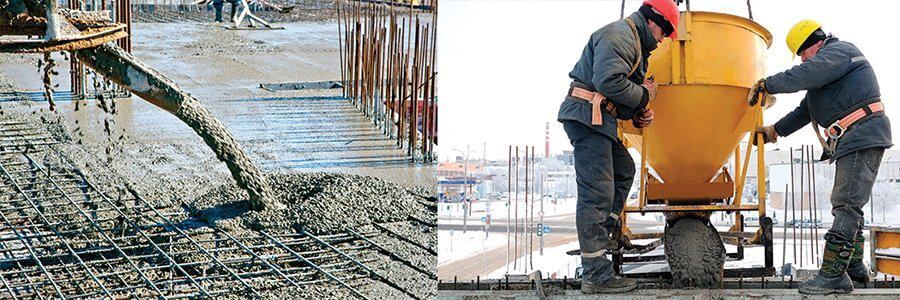
What is concrete reinforcement? For correct waterproofing, construction waterproofing should be completed by supporting it from both inside and outside. It is necessary to render buildings waterproof by picking the right products for each area from the basement to the roof and preventing water leakage from inside and outside.
While waterproofing products can be applied to the concrete, they can also be used by mixing into the cement and water mixture during the concrete pouring process. Waterproofing materials that are to be added to the fresh concrete make it waterproof.
To get more information about how to make concrete waterproof and the concrete admixture for waterproofing, let’s take a further look into our content that we, as Baumerk, construction chemical experts, prepared.
What Is Admixture In Concrete & Why We Use Admixture In Concrete
Waterproofing materials can be directly applied on top of the concrete surface. For instance, waterproofing membranes are bituminous coatings that are spread over concrete. They make concrete waterproof against any external water. On the other hand, cement-based waterproofing products are applied onto concrete while in liquid form and make it waterproof, adapting perfectly to the light vibrations and movements of concrete.
Concrete can also be protected against the water with acrylic, polyurethane, polyurea-based materials that provide waterproofing in areas that are exposed to direct water and sunlight such as roofs and terraces. All of these practices are applied directly to concrete surfaces. So, what is admixture in concrete? Apart from the practices we mentioned, there are also waterproofing materials that make concrete waterproof and durable by adding them into cement during concrete preparation before pouring.
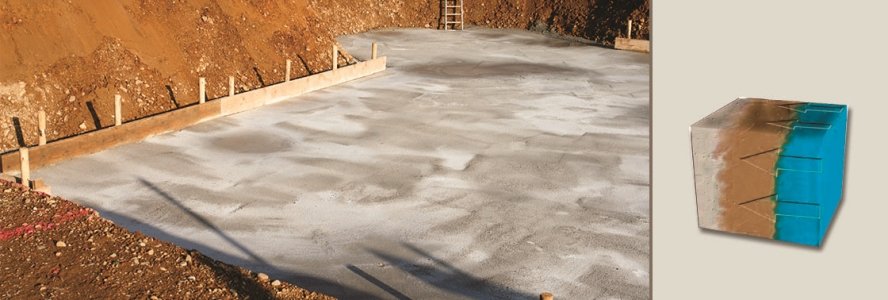
These materials are called concrete admixtures for waterproofing. Do you know why we use admixture in concrete? Since concrete admixture for waterproofing is added to fresh concrete grout by mixing water and cement, concrete would be solid and flawlessly protected from water. Materials that are concrete admixtures for waterproofing create a crystalline effect; they react with moisture into the concrete and forms crystal fiber on the pores and capillary gaps of concrete to provide permanent water impermeability
This material increases the performance of concrete by showing a crystalline effect every time it comes into contact with water. This way, durable, strong concretes that are not affected by water by any means can be achieved. That is why we use admixture in concrete.
Protecting concrete against water is of vital importance for construction. When the water in concrete gets into contact with the steel that holds the building, it causes corrosion and irreversible severe damages. When a roof leaks, we must understand that the water surpassing concrete means that the same water is also in contact with concrete and this will negatively impact the performance of the materials.
As to when we consider this system in the building foundation, any disruption of the system that directly affects the main carriers of the building may cause permanent damage. Therefore, buildings should be protected at every point against water coming from inside and outside.
How to make concrete waterproof? You can make the concrete waterproof, durable, and strong by adding concrete admixture for waterproof into fresh concrete. To get more information about Baumerk’s concrete and grout admixture products, you may contact Baumerk’s expert team.

